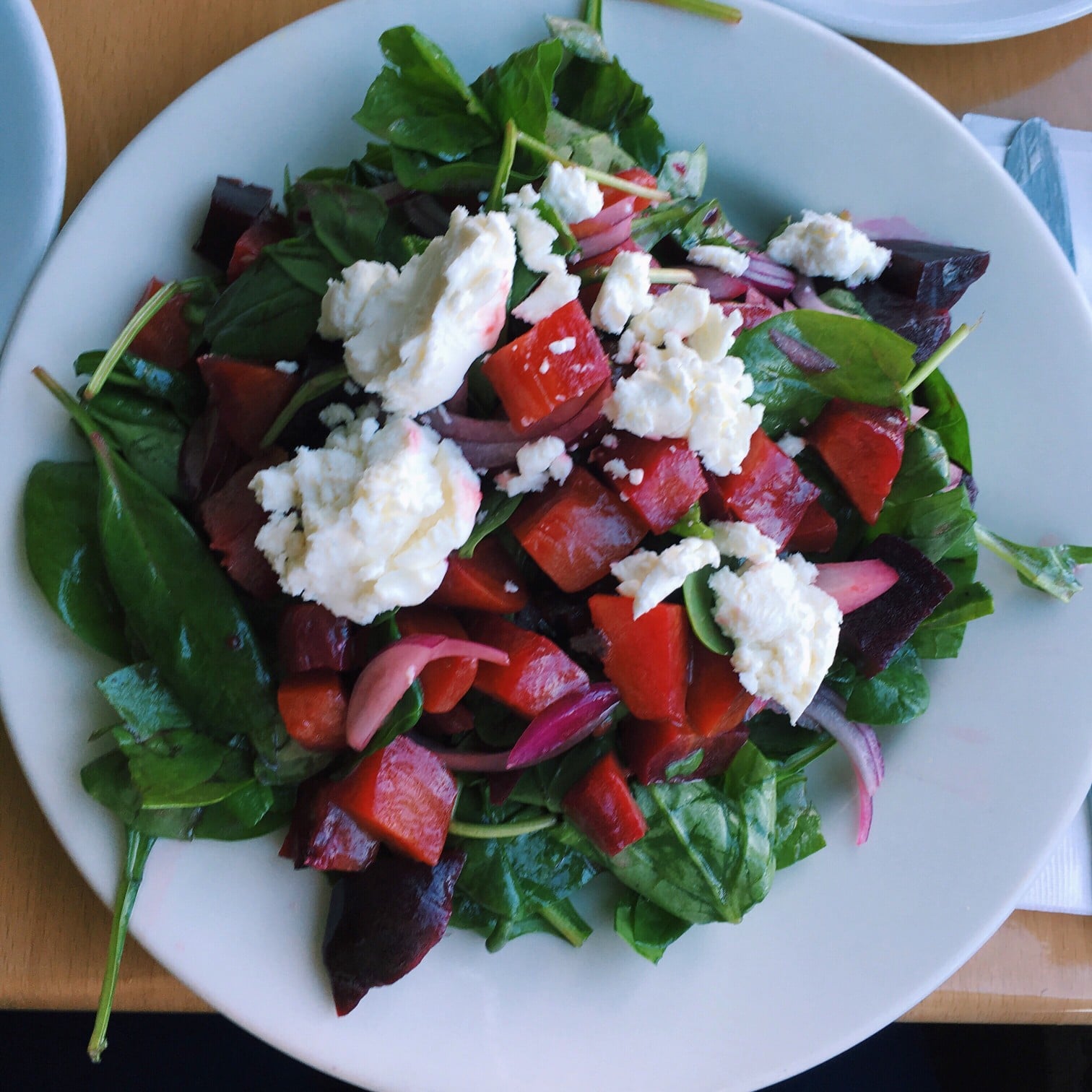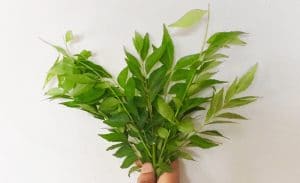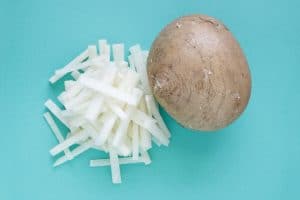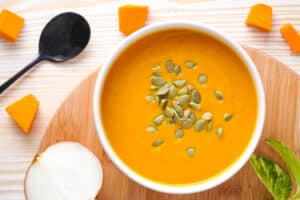Best Substitutes For Beets
Important Note: When you buy through our links, we may earn a commission. As an Amazon Associate we earn from qualifying purchases. Content, pricing, offers and availability are subject to change at any time - more info.
Root vegetables like beets are pretty commonly used in daily cooking. You won’t just find them in salads, but also in stews, soups, and a wide variety of other dishes.
The beet is one of many healthy root vegetables that offer incredible versatility to be used in many different recipes. In fact, these plants with huge roots are very common ingredients in many cuisines and dishes across the planet.
The combination of earthiness, sweetness, and bitterness provided by beets will enhance your dishes and make them delicious and unique. What’s more, the red color in beets makes them rather special, as the pulp provides a sweet flavor that works well in drinks and meals alike.
Moreover, you can boil, steam, fry, and add beets to many foods. But what happens when beets aren’t in season, or you just want something a little different? Is there any way that you can replace beets?
We have the answers below, so we invite you to join us as we reveal the best alternatives to beets that you can use in your dishes and recipes.
What Are Beets?
Although beets and their various products are fast becoming more popular as a natural food, they are by no means new. Records indicate that the people living in ancient Greece, Rome, and Babylon liked to eat root vegetables like beets. And over the years, archaeologists have discovered evidence of beets having been used in certain areas of North Africa.
Ancient civilizations first used the stalks and leaves of beets in their cooking, while their roots were valued for their medicinal qualities. Ancient Romans and Greeks even switched to eating beets because of the food’s aphrodisiac effects.
During the late 1500s, the closest thing to modern beets was first discovered in Italy and Germany. Back then, it is believed that earlier beets had bigger roots but smaller leaves and stalks.
A couple of centuries later, German chemists discovered a method of deriving sugars from beets. Fast-forward to modern times, and this very same methodology is used sugar beets, a certain subtype that has much bigger roots compared to typical beige or white beets.
The sugar beet originally came from what we now call western Poland. They finally came to the United States during part of the late 1800s in an effort to increase the production of sugar in California. Other beet types came to the United States much sooner, and many historians believe that they were introduced by American colonists.
Chioggia Beets
Beets exist in several types, with one of our alternatives to regular beets being the Chioggia beet. These garden beets are famous for their white and red concentric rings. And they are suitable for eating either cooked or raw.
If you choose to eat them raw, Chioggia beets present a powerful earthy taste and crunchy texture. Once cooked, however, the texture becomes soft while the taste becomes much sweeter. In most recipes, you may add Chioggia beets as a replacement for regular beets.
Carrots
Here’s another vegetable that can serve as a good substitute for beets. Carrots are healthy, tasty, and easy to find, and they’re perfect for cooking. What’s more, you can enjoy carrots either raw or cooked.
The orange color of carrots will liven up your dishes, and their sweetness helps make everything taste better. Feel free to put them in your salads, stews, and soups. In fact, you can add carrots to just about any recipe that requires beets.
And because carrots are so nutritious, you will enjoy many health benefits by using them in place of beets.
Parsnips
Parsnip is a root vegetable that is a lot like beets. As such, they make a wonderful replacement for beets in cooking. The sweetness of parsnips is very much like that of beets, but there’s a spiciness to parsnips that make them unique and different enough to enhance your dishes.
You may use parsnips in most recipes that require beets. And if you like spiciness in your foods, parsnips will make an excellent addition to your diet.
Red Cabbage
In the vast majority of recipes that call for beets, red cabbage serves as a fine substitute. An earthy taste and red color are their common grounds. Moreover, you can add red cabbage to salads, soups, and nearly any recipes that require beets.
The colors in red cabbage will delight your eyes, while their flavors will excite your taste buds. In addition, it must be noted that red cabbage is also very nutritious and healthy.
Spinach
One of the green vegetables frequently used in diets is spinach, yet another alternative that you can use in cooking. It’s the leafy part of spinach that makes these two veggies so similar.
Spinach has a fairly mild taste. However, there are many health benefits that you can enjoy by switching to it in favor of spinach. Spinach may be eaten either cooked or raw, and it’s available in most supermarkets.
Swiss Chard
Although this one might be a bit more difficult to find compared to other vegetables, Swiss chard works as a viable substitute to beets. There is an earthy taste and bitterness that are both similar to the flavor of beets.
In addition, you can even eat the stalks of Swiss chard. Coupled with their red colors, it’s easy to see that the two vegetables are pretty similar. Moreover, you can use Swiss chard in most recipes, especially those that call for the beets to be cooked.
Sweet Potatoes
You can also replace beets with sweet potatoes. You can find sweet potatoes in most supermarkets, as well. So you should have no trouble substituting them when you don’t have any beets readily available. As their name suggests, sweet potatoes are in fact quite sweet.
Their roots provide spicy traces that make them rather unique. Sweet potatoes may be roasted, added to stews, and used in virtually any recipe that calls for beets.
Cook Gem Is Your Source for Substitutes and More
We have many more wonderful food substitutes that are sure to come in handy in your cooking ventures. We also regularly discuss vegan-friendly ingredients and food options to help you maintain your vegan diet.
























